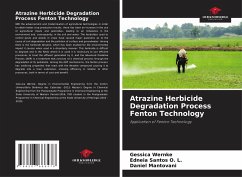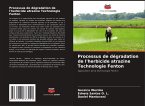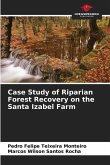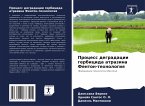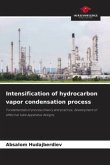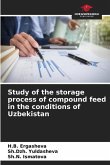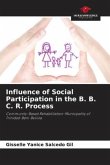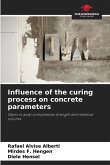With the advancement and modernisation of agricultural technologies in order to obtain better crop production results, there has been an increase in the use of agricultural inputs and pesticides, leading to an imbalance in the environment and, consequently, in the soil and water. The herbicides used to control pests and weeds in crops have caused major questions as to the cause of soil degradation and the pollution of surface and groundwater. Among them is the herbicide Atrazine, which has been studied for the environmental impact it causes when used in a disorderly manner. This herbicide is difficult to degrade and in the fields where it is used it is necessary to use efficient processes to treat the effluent generated by it, and the Advanced Oxidative Process (AOP) is a treatment that consists of a chemical process through the degradation of its pollutants. Among the AOP mechanisms, the Fenton process has oxidising properties that react with the Atrazine compound causing it to degrade into a toxic substance, showing efficiency in relation to other processes, both in terms of cost and benefit.
Bitte wählen Sie Ihr Anliegen aus.
Rechnungen
Retourenschein anfordern
Bestellstatus
Storno

